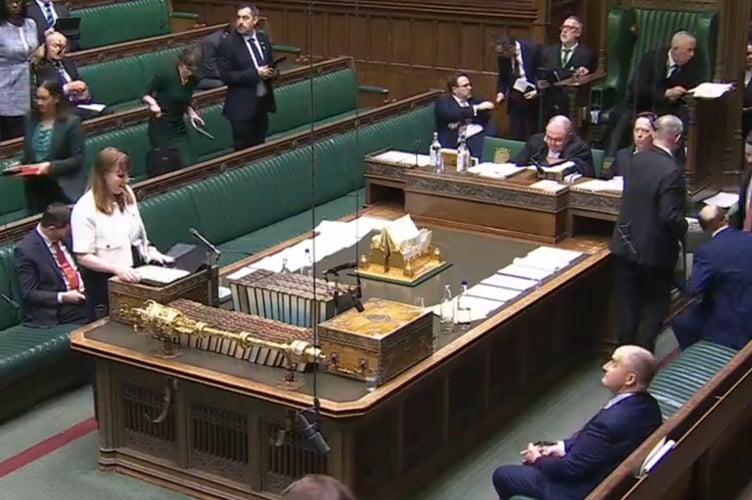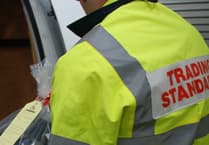Politicians across Devon have been reacting to the county council’s failed bid to postpone its upcoming elections.
Councils with elections planned for this May were given the opportunity to apply to postpone them for a year as part of the government’s wide-ranging plans to overhaul how councils operate.
Devon County Council last month voted to seek to delay the elections until May 2026, and submitted a request to ministers.
The Conservative administration argued that delaying the poll would give the council the time and space needed to create a viable plan for reorganisation.
Opponents claimed that such a move would represent “democracy denied”, adding that a new crop of councillors could bring fresh thinking to the challenge of reorganisation.
But deputy prime minister Angela Rayner on Wednesday turned down Devon’s request to delay the elections, meaning they will go ahead on Thursday 1 May.

Cllr Jess Bailey (Independent, Otter Valley) thinks the government’s decision is right. “It’s important that democracy plays its part as normal and that people can exercise their right to vote and choose their elected member,” she said.
“I don’t think it’s nonsensical to have the elections as I think it will be crucial to have newly elected members fully engaged and who can have a say in the future of Devon and its democracy.”
North Devon MP Ian Roome (Liberal Democrat) said it is “only right” that voters head to the ballot box this May.
“It was very clear that Conservative councillors were trying to dodge facing the voters again after their dismal results in the last general election,” he said.
Diana Moore, leader of Exeter City Council’s Green Party, said greater collaboration between the county council and the districts was needed.
“Devon County Council and the districts need to work in the interests of local communities and the environment to work out how we can more effectively ensure that local government remains local and works well for our communities,” she said.
She added that one of the arguments for delaying the elections – that more experienced councillors could remain in situ for longer to help decide what shape local councils could take in Devon in the future – is “the weakest argument”.
Devon County Council leader James McInnes (Conservative, Hatherleigh and Chagford) said: “I am disappointed that the government has rejected our proposal to postpone May’s elections so we could concentrate fully on developing our plans for local government reorganisation in Devon.
“However, we will still continue to work on our proposals for local government reorganisation that best meet the needs and aspirations of all Devon’s communities.”
The government wants to abolish two-tier systems, such as that in Devon, where two councils perform different services in the same geographic area.
The aim is to have fewer, larger councils which are unitary in style, meaning that all services are looked after by one council.
Devon has 11 councils in all; Torbay and Plymouth are unitary, but the rest of Devon is overseen by the county council and eight district councils.
Residents outside Torbay and Plymouth have some services provided by the county council – such as those related to highways or social care – and others by their local district council, such as refuse collection and planning.




-will-begin-at-10am.jpeg?width=209&height=140&crop=209:145,smart&quality=75)